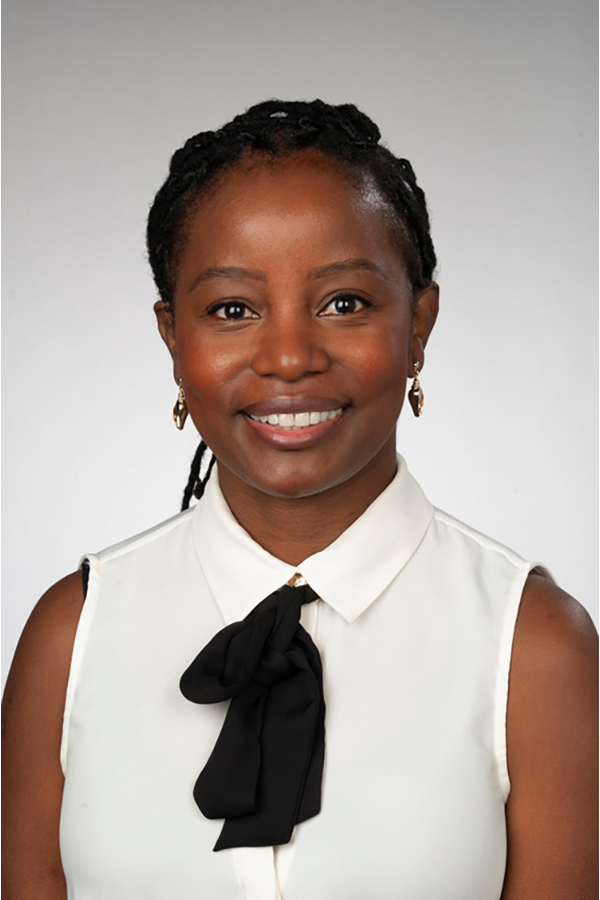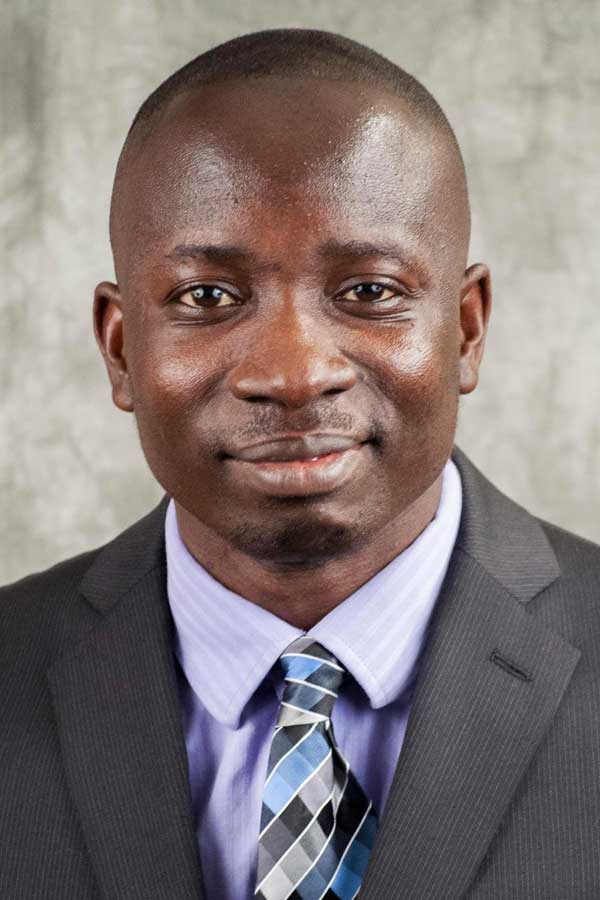Falk College strives to achieve excellence in education not only through good teaching but also through participation in active research. Our students benefit by learning from researchers who are working at the cutting-edge of knowledge, within well-equipped laboratories, and in projects that are both domestic and abroad. We encourage both undergraduates and graduate engagement to achieve not only a rewarding educational experience but also enhanced career opportunities upon graduation. Learn more about the different types of research awards.

2021-2022 SU CUSE GrantA Comprehensive Assessment of Cardiovascular Disease Risk in Resettled Refugees
Cardiovascular disease (CVD) is disproportionately higher among low socioeconomic status communities. It is significantly associated with adverse psychosocial factors, rendering it a particularly salient health outcome in refugees who have been exposed to stressful and life-threatening events pre-resettlement and may experience barriers to assimilating to an unfamiliar host country post resettlement. Currently there is limited information about CVD risk among refugees as they settle in the United States. The objectives of the proposed project are therefore to thoroughly assess CVD risk in refugees resettled in Syracuse, New York, who are active patients of the ambulatory adult clinic at SUNY Medical Center.
Learn more about this research.

2021-2022 Falk Tenure-Track Assistant Professor Seed Grant AwardNarrative Intervention to Reduce Caregiver Stress and Aid Schizophrenia Medication Adherence via WhatsApp (NIRC-SASMAW)
Schizophrenia, a severe form of mental illness, is a global health challenge, with about 1.3 million patients in Sub-Saharan Africa having this disease. Adhering to medications for controlling schizophrenia is a challenge. Patients and caregivers suffer schizophrenia-induced psychological burden (stress and anxiety), which negatively impacts adherence. Thus, efforts to improve adherence among patients would need to tackle the psychological well-being of patients and their caregivers.
Learn more about this research.
